
We often think about well-being in terms of physical health, but it is so much more! Well-being is a concoction of dimensions which, if healthy, can lead to good mental health, high life satisfaction, a sense of meaning or purpose and the ability to manage stress.
The COVID-19 pandemic has placed an enormous strain on healthcare workers, leaving an impact on both their physical and mental well-being.
With this in mind, the CareMalta Group has kickstarted a Well-being Strategy and Policy in order to help employees go through their healing process in a healthy way.
EMOTIONAL WELL-BEING
Joanna Farrugia, Facility Administrative Assistant, Casa San Paolo
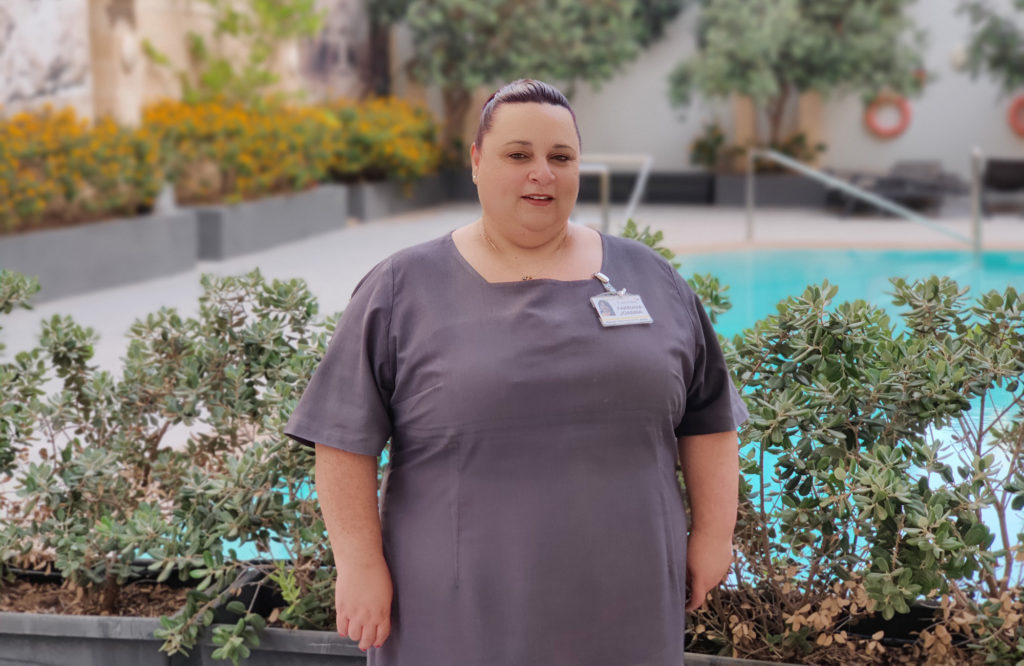 Emotional well-being helps you cope effectively with life and build good relationships with others. People with a healthy dose of emotional well-being feel confident, in control of their feelings and behaviours and can handle life challenges.
Emotional well-being helps you cope effectively with life and build good relationships with others. People with a healthy dose of emotional well-being feel confident, in control of their feelings and behaviours and can handle life challenges.
Employees are the driving force behind every successful business, so their happiness and health should be major concerns for any employer. Factors such as financial stability, workload, family, personal health and social interaction can all impact our emotional well-being.
There is a direct link between performance and success and well-being. If one suffers, so does the other. This is why the right approach to stress and well-being is crucial.
An employer should first be on the lookout for any changes in behaviour. The next step, usually the hardest, is to discuss and have a conversation with the employee. Guidance and support should follow.
The group’s well-being policy will help promote a workplace culture that enables employees to seek help when needed and motivate them. Offering employees support helps cement trust, which in turn has a positive effect on satisfaction and well-being.
SPIRITUAL WELL-BEING
Antoine Borg. Facility Administrative Assistant, Casa Marija
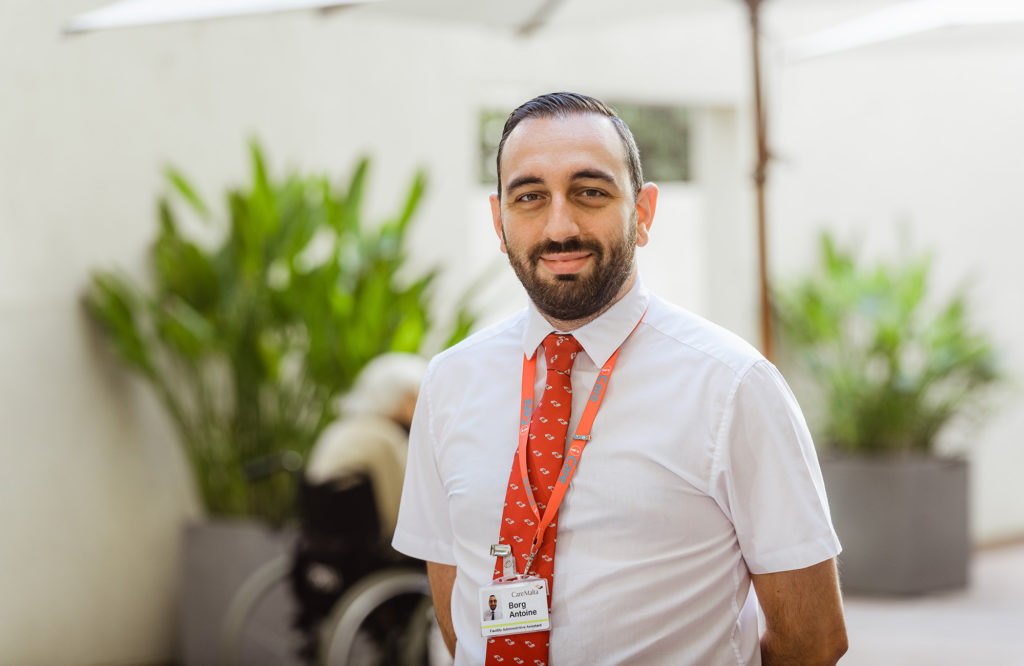 Spiritual well-being is related to values and beliefs that help you find meaning and purpose in your life. Signs of strong spiritual health are clear values, a sense of self-confidence and a feeling of inner peace.
Spiritual well-being is related to values and beliefs that help you find meaning and purpose in your life. Signs of strong spiritual health are clear values, a sense of self-confidence and a feeling of inner peace.
No matter what our beliefs are, spiritual well-being in our daily life is important. Even though we might all embrace different beliefs, the grounds these are built on are basically the same – loving yourself and others and trying to be a good person to those around you.
I also believe that spiritual well-being is something we need to constantly work on, not a dimension we resort to when we are in trouble or in need. We must cherish and be thankful for the good days we have and be prepared for the struggles and difficult situations we might encounter in life.
INTELLECTUAL WELL-BEING
Marion Abdilla, Active Ageing Facilitator, Villa Messina
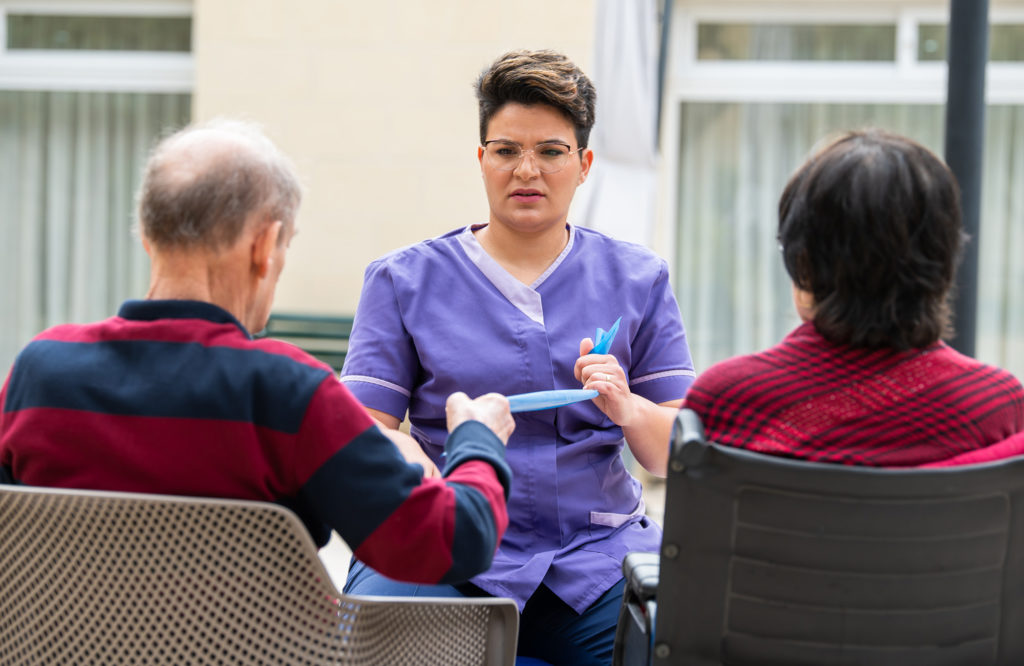 Intellectual well-being is when you recognise your unique talents in order to be creative and seek out ways to use your knowledge and skills. When you challenge yourself to acquire a new skill, you are building your intellectual health.
Intellectual well-being is when you recognise your unique talents in order to be creative and seek out ways to use your knowledge and skills. When you challenge yourself to acquire a new skill, you are building your intellectual health.
Active participation in activities keeps the mind healthy. Now that measures and restrictions have eased, we are doing our best to reintroduce our residents to daily sessions in order to restore their intellectual wellness.
It is very important for older persons to be part of an active residential life, as daily activities help expand their knowledge and skills, thus leading to active and healthy ageing. Participating in meaningful activities, such as talking, discussing various topics, socialising, intergenerational communication, reading or playing games and music all help maintain and improve one’s intellectual well-being.
PHYSICAL WELL-BEING
Vivian Psaila, Front Office Desk, Villa Messina
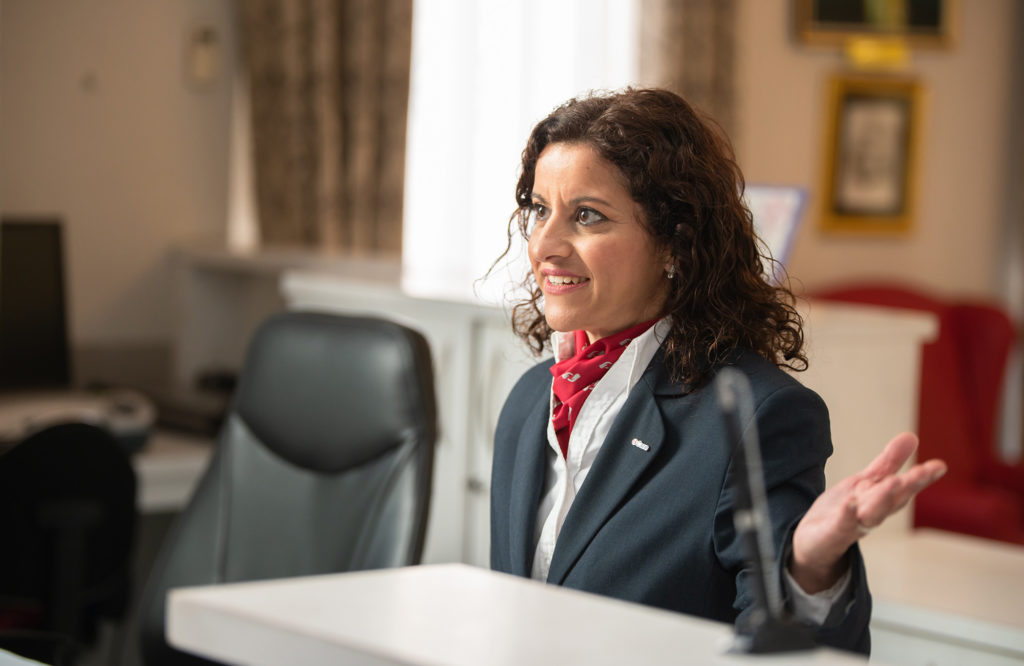 Physical wellness is affected by physical activity, healthy nutrition and adequate sleep. Maintaining your physical health can be done through sports, cycling, walking, jogging, skiing, dancing and gardening.
Physical wellness is affected by physical activity, healthy nutrition and adequate sleep. Maintaining your physical health can be done through sports, cycling, walking, jogging, skiing, dancing and gardening.
Physical well-being is one of my favourite topics. I started leading a healthy lifestyle at the age of 18. Eating healthily is the most important aspect of physical well-being. There are so many delicious, low-calorie recipes you can resort to if you are following a healthy diet.
Physical exercise also keeps me motivated. I love going on long walks and trekking with my family, friends, or even on my own. To me, exercise is not only important to remain fit but also for my mental health. I go for a walk every day and this does me a world of good. I also like to help and encourage others to lead a better lifestyle. It’s never too late!
SOCIAL WELL-BEING
Roslynn Vella, Facility Manager, Roseville
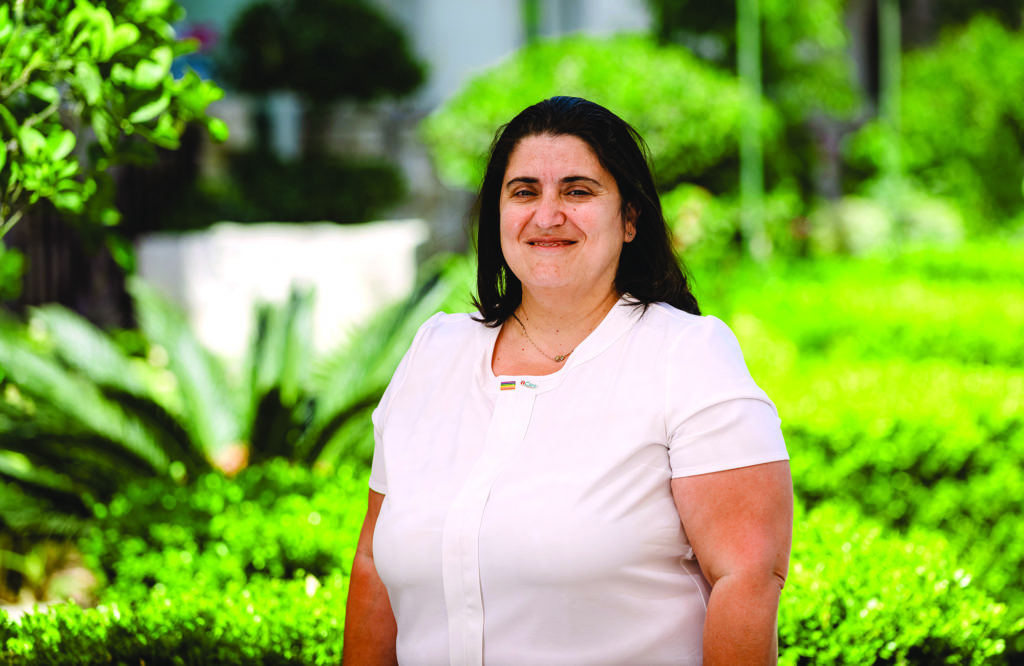 Social well-being fosters a sense of connectedness and belonging. First and foremost, you are socially well when you thrive to be yourself and develop a good relationship with others. This, in turn, creates stability, peace and harmony in life.
Social well-being fosters a sense of connectedness and belonging. First and foremost, you are socially well when you thrive to be yourself and develop a good relationship with others. This, in turn, creates stability, peace and harmony in life.
Managing a nursing home for the elderly involves balancing the social well-being of staff, residents and their families.
Keeping residents socially engaged and connected leads to an improvement in mobility and cognitive function and to reduced levels of stress and anxiety.
The social well-being of residents and staff was at high risk throughout COVID-19. Now, with the easing of measures, we have started to restore social well-being both on an individual and community basis, as group interaction is being encouraged. This is being facilitated through daily activities in the home, which aim to stimulate residents in order to enhance their social skills and abilities.
VOCATIONAL WELL-BEING
Carol Formosa, Lead Carer, Casa Marija
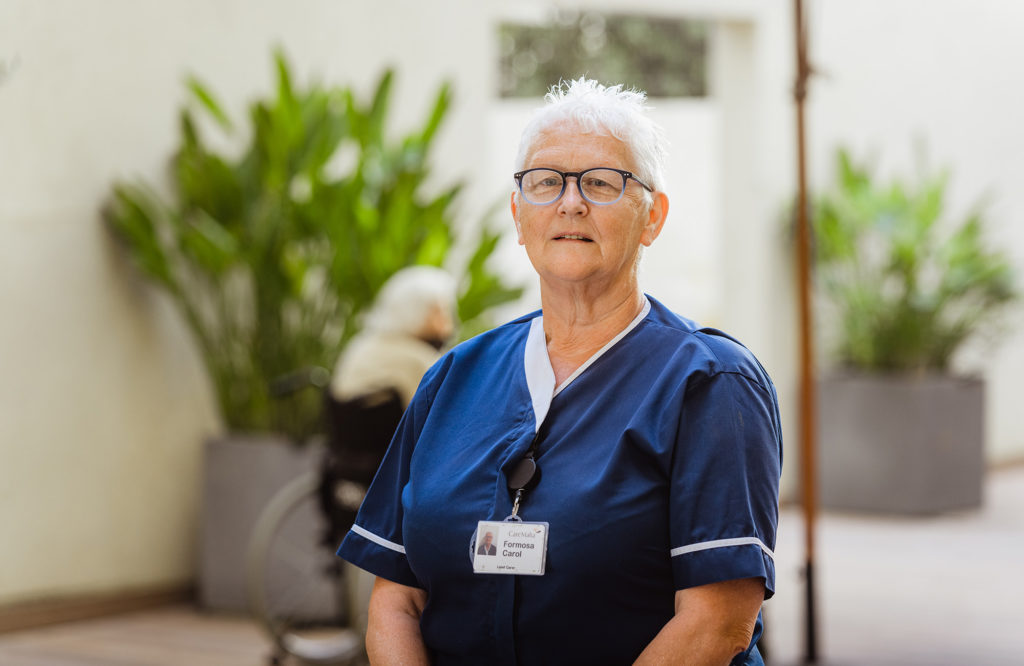 When your job gives you purpose and drive, it becomes your vocation. Maintaining positive vocational well-being improves your overall physical and mental wellness, especially in long-term care. Studies have found that employees who are engaged in their work are significantly happier and more interested throughout the day than those who are not.
When your job gives you purpose and drive, it becomes your vocation. Maintaining positive vocational well-being improves your overall physical and mental wellness, especially in long-term care. Studies have found that employees who are engaged in their work are significantly happier and more interested throughout the day than those who are not.
Vocational well-being is all about a sense of satisfaction and fulfillment from work which you enjoy doing. Giving your 100 per cent and working from the heart fills you with the energy, focus and willpower to carry on performing your job. In my line of work with older persons, I find a smile on a resident’s face to be extremely rewarding.
No two days are the same, and this makes my work challenging but interesting. It is very important that, at the end of a hard day, you switch to the needs of your family and friends, giving them all your attention, and unwind, while also taking good care of your personal needs.
ENVIRONMENTAL WELL-BEING
Romina Apap, Housekeeper, Villa Messina
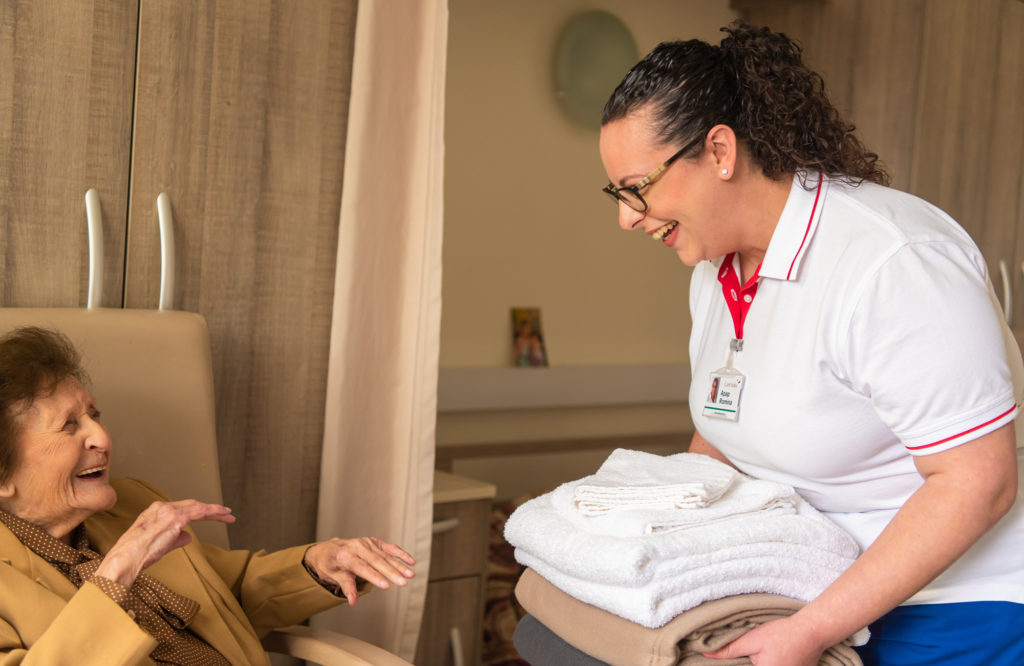 Environmental wellness is related to the surroundings you occupy. This dimension of health connects your overall well-being to the environment around you.
Environmental wellness is related to the surroundings you occupy. This dimension of health connects your overall well-being to the environment around you.
The core principle of environmental wellness is to show respect to nature. As a housekeeper, I try to minimise environmental harm by practising the three-Rs strategy of reducing, reusing and recycling. I just love to take care of our beautiful garden at Villa Messina. The sight of fresh flowers, birds and butterflies fills me and our residents with a sense of peace and well-being.
When our personal surroundings are well cared for, clean and organised, we experience a greater sense of comfort. Feeling well within a healthy environment enhances our personal health and helps ensure the future health of our communities.
FINANCIAL WELL-BEING
Josette Meli, Accounts Executive, Head Office
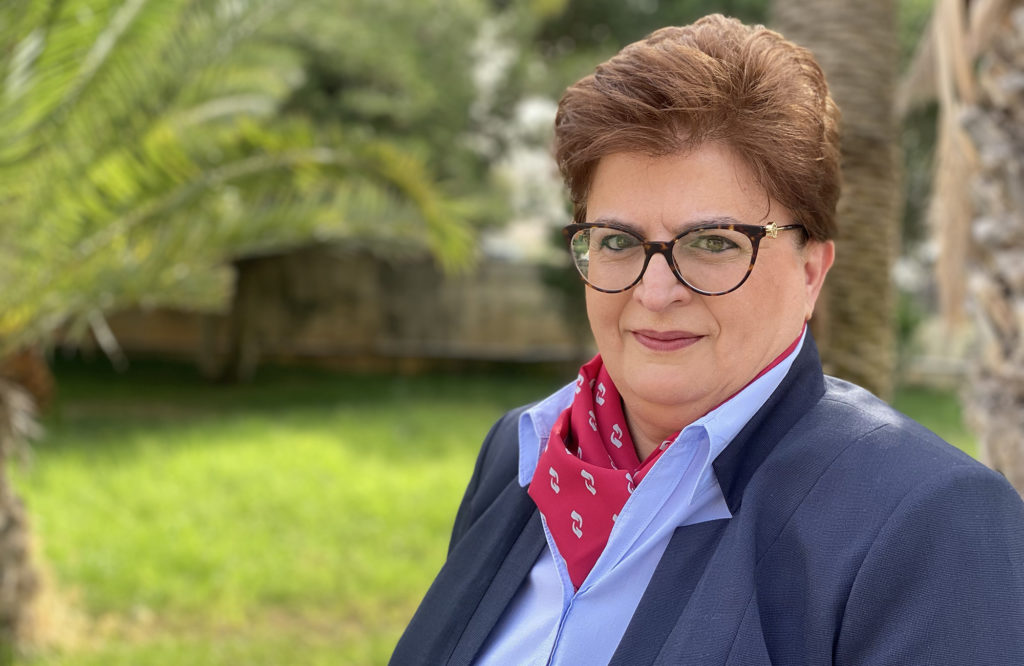 Financial wellness refers to a person’s overall financial health and the absence of money-related stress. It’s the result of successful expense management and an important part of overall employee well-being.
Financial wellness refers to a person’s overall financial health and the absence of money-related stress. It’s the result of successful expense management and an important part of overall employee well-being.
True financial well-being is when one has control over day-to-day finances, has enough cushion to handle most financial emergencies, is out of debt and able to manage expenses without using a credit card and is on track to meet retirement and saving goals.
When these pillars are followed, it is likely that you will achieve financial stability and personal satisfaction.
